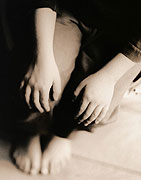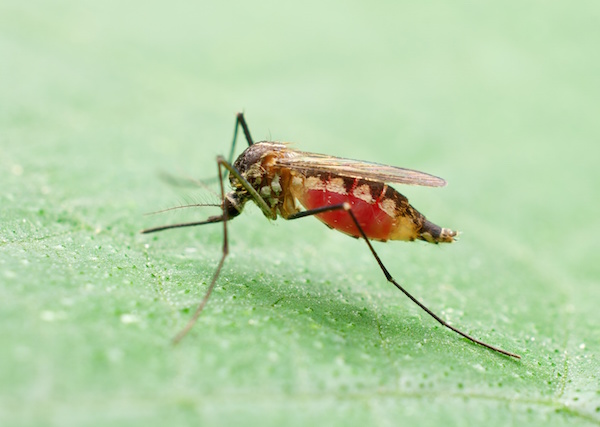
MONDAY, May 16 (HealthDay News) — Dermatologists sometimes see patients who insist their skin is infested by parasites despite clinical evidence to the contrary.
Now, a new study suggests that a common diagnosis — it’s all in the patient’s head — is often right on target.
Researchers tested the skin of more than 100 patients convinced that bugs, worms or germs had invaded their skin. In all but one case, the skin tests turned up no sign of possible infestation, and the researchers concluded the patients suffered from a psychological condition called “delusional parasitosis.”
“We’re not discovering that we missed an organism,” said study co-author Dr. Mark D. Davis, a professor of dermatology at Mayo Clinic in Rochester, Minn. “If a clinician suspects that a patient has delusions, we can predict that a skin biopsy won’t change that clinical impression.”
Davis said a typical dermatologist at a teaching hospital could see a couple of cases a year of delusional infestation in which patients wrongly believe their skin is infested.
“The patients become desperate because they feel their skin is infested with things like insects, bugs and worms. Sometimes they feel there are fibers crawling out of their skin or bits of triangles coming out of their skin,” Davis said. “They become very preoccupied with it and try to extract it with forceps and knives, and they go to lots of doctors to try to get a diagnosis so they can get an antibiotic to get rid of it.
“We see many patients whose lives are ruined,” he added.
Some doctors prescribe anti-psychotic drugs to the patients, said Dr. Steven R. Feldman, a professor of dermatology at Wake Forest University School of Medicine, who believes a neurotransmitter imbalance in the brain causes the condition.
But, “it can be difficult to get patients to take the medication since they don’t believe the problem is in their head,” Feldman said.
For this study, published online May 16 in the Archives of Dermatology, researchers tested skin samples from 108 people — 75 percent women — who visited the Mayo Clinic between 2001 and 2007 and complained of animate and inanimate invaders. Patients had suffered for an average of 2.3 years.
Seventy-nine percent of the patients complained of bug infestations. Others were sure they had worms, eggs, fibers or other intruders, such as “specks,” rotting wood fungus, glass and car oil.
After taking skin biopsies and/or examining skin samples provided by the patients, the researchers found that the majority of the skin samples showed signs of dermatitis and other skin conditions, such as ulceration or inflammation. Only one skin sample revealed an insect with infestation potential — a pubic louse.
This suggests that skin inflammation and the accompanying discomfort might be an underlying pathological condition triggering the delusional symptoms, the authors said.
More information
For more on delusional parasitosis, visit the University of California at Davis.

